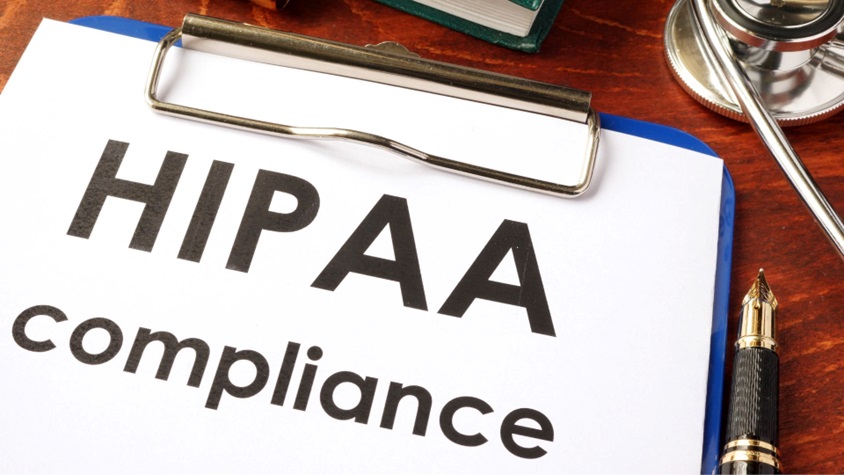When it comes to privacy and protecting sensitive information, few regulations are as important as the Health Insurance Portability and Accountability Act (HIPAA). HIPAA sets the standard for securing patient data, ensuring that healthcare providers, insurance agencies, and other relevant organizations prioritize patient privacy and data protection. In this article, we’ll explore the significance of HIPAA, the repercussions of non-compliance, and how working with a HIPAA compliance consultant can help your business thrive when dealing with sensitive healthcare information.
The Importance of Understanding HIPAA
HIPAA was enacted in 1996 and has since undergone several revisions to keep up with the constantly evolving landscape of the healthcare industry. These revisions have led to the establishment of the Privacy Rule, Security Rule, and Breach Notification Rule, which form the basis of HIPAA’s core tenets. These provisions cover all healthcare-related organizations, regardless of their size or type, and are aimed at protecting patient data and privacy.
The Monetary and Legal Repercussions of Non-Compliance
Not adhering to HIPAA regulations can lead to severe consequences for a business. Penalties range from substantial fines to potential criminal charges. For instance, fines for a single HIPAA violation can range from $100 to $50,000, depending on the severity and duration of the infraction.
In extreme cases, criminal charges could result in imprisonment for up to 10 years. Additionally, a tarnished reputation and loss of clientele can significantly impact your business’s long-term success.
Implementing the Right Safeguards
To ensure compliance with HIPAA regulations, organizations must implement various security measures. These include administrative safeguards such as personnel training programs and periodic risk assessments, physical safeguards to protect electronic systems and data access controls, and technical safeguards to monitor and secure electronic health information.
To learn more about these safeguards, check out the blog everything you need to know about HIPAA administrative safeguards to ensure your business is compliant and prepared for any potential data breaches.
How Can a HIPAA Compliance Consultant Help Your Business?
Navigating the complex world of HIPAA can be challenging. That’s where a HIPAA compliance consultant comes in. These specially-trained professionals provide guidance and support to ensure your organization meets all HIPAA requirements, minimizing the risk of costly fines and potential legal troubles. Hiring a consultant can benefit your business in several ways:
1. Expert Knowledge and Experience
HIPAA compliance consultants possess extensive knowledge about HIPAA regulations, allowing them to identify potential risks and ensure your organization adopts the necessary practices to maintain compliance.
2. Development of Policies and Procedures
Consultants can help your business create or update existing policies and procedures to align with the most recent HIPAA guidelines. This promotes a culture of compliance and mitigates future risks.
3. Employee Training and Support
HIPAA requires organizations to train all employees who handle patient data, ensuring they understand and adhere to HIPAA regulations. A compliance consultant can develop tailored training programs to meet specific business needs, guaranteeing staff remains up-to-date with regulatory changes.
Conclusion
In today’s highly connected world, it’s more critical than ever for businesses dealing with healthcare data to prioritize patient privacy and data protection. HIPAA is an essential regulation that safeguards patient data and provides organizations with clear guidelines on how to maintain compliance. With the help of a HIPAA compliance consultant, businesses can meet these requirements and minimize potential risks. By taking the steps necessary to ensure your organization follows HIPAA regulations, you can protect confidential information and ensure your business is successful for years to come.










